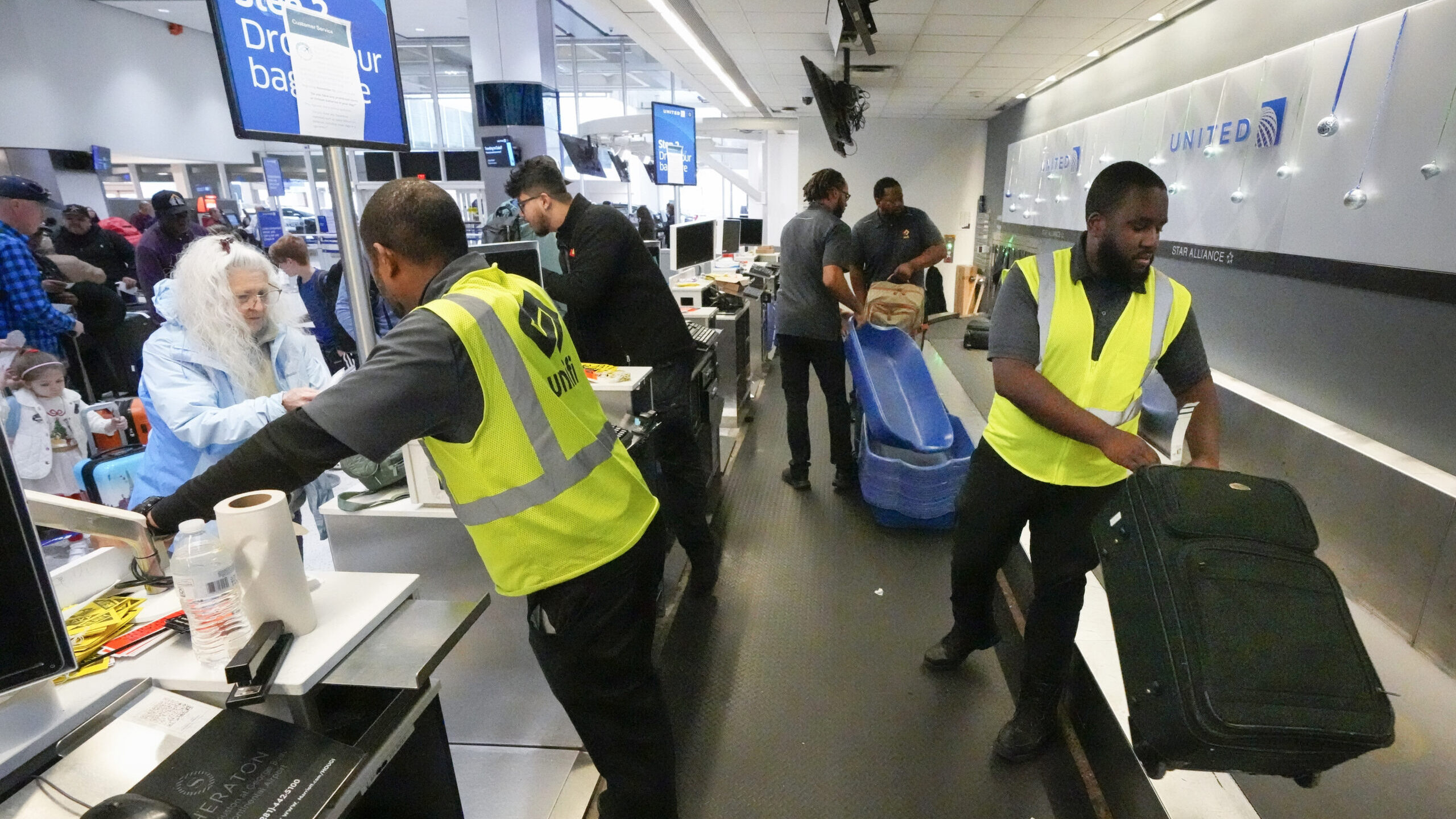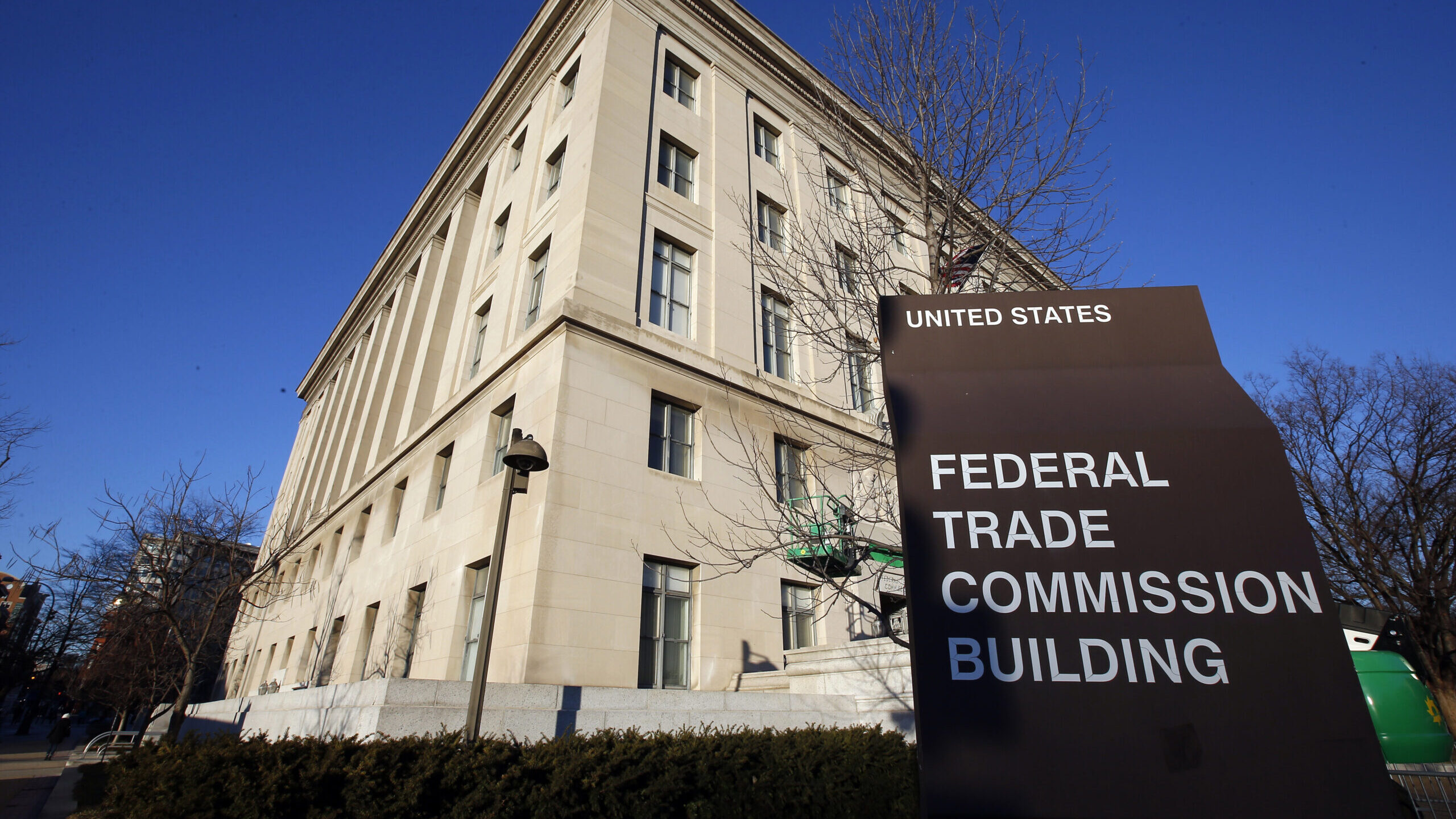Pandemic-era food and rent assistance programs ending soon in Utah
Jan 9, 2023, 8:30 AM | Updated: Oct 19, 2023, 1:07 pm
SALT LAKE CITY — Two assistance programs that helped Utahns with food and rent during the pandemic will stop in the coming months.
The emergency monthly increase for food stamps, officially known as the Supplemental Nutrition Assistance Program, called SNAP, will end in March. The monthly increase averaged between $175 to $200 per household.
The change impacts all of the 74,000 Utah households that receive SNAP benefits.
“Now they’re going to have to be only relying on only getting that first payment amount — and that’s the amount they were getting prior to the pandemic,” said Nate McDonald, the deputy director of the Utah Department of Workforce Services said.
McDonald said everything else about SNAP stays the same, including eligibility guidelines.
The second program coming to an end is the federal Emergency Rental Assistance program. Utah received $344 million to help people pay for rent and utilities during the pandemic.
So far, Utah has processed nearly 100,000 applications and paid out $287 million for rent and utility assistance.
“The federal funds are anticipated to be exhausted by the end of March,” states a press release from Workforce Services. “Applications for Emergency Rental Assistance will no longer be available after Sunday, February 5, 2023.”
“These programs have helped thousands of Utah residents to make it through the economic challenges brought about by the pandemic,” McDonald said in a statement.
McDonald went on to say that Utah always knew these programs were temporary and would end one day. He also said Utah’s economy has thousands of job opportunities.
The Utah Department of Workforce Services is reminding Utahns struggling with housing and food bills that other programs are available. Including energy and water assistance through the HEAT program.
Other programs include employment assistance, education assistance and food assistance.
Those who need further help are encouraged to contact their local community action office or call 211 for information about assistance programs.













